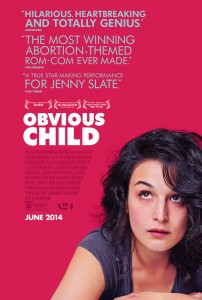
Pregnancy can be stressful. Friends and family may have good intentions, giving informal support to expecting mothers, but their helpful hints sometimes come across as critical. A doula, however, provides emotional support before, during, and after birth, and helps women make informed health decisions.
Sociologist Lisa Hall talked to Missouri State News about her research on doula services and how these workers’ contribute women’s well-being. Hall reflected on one interview:
The client’s words were, “if it had not been for my doula, I think I might have just left my baby with my husband and moved away.” She had no confidence that she could be a good mom—especially in the midst of criticism—and the doula empowered her.
Many doula clients receive WIC (Women, Infants, and Children) services and lack access to adequate healthcare due poverty or homelessness. Furthermore, lack of education and connections (part of what social scientists call “social capital”) prevents many low-income and young women from asking questions or expressing health concerns. And, for all women, a doula can serve as a liaison to health service providers. Hall elaborates, “It’s a major view shift for some of these [expectant mothers] who haven’t been taken seriously or hadn’t been treated like an adult …”.
Taking a client’s physical and emotional needs seriously is just one aspect of doula services. The Doula Foundation teaches effective parenting, helps with healthcare access, and encourages breastfeeding, all of which benefit mothers and their children by providing a tool kit of positive health practices. Other groups, like the Isis Rising Prison Doula Project, bring doula services into spaces where birth may have even further complications.

